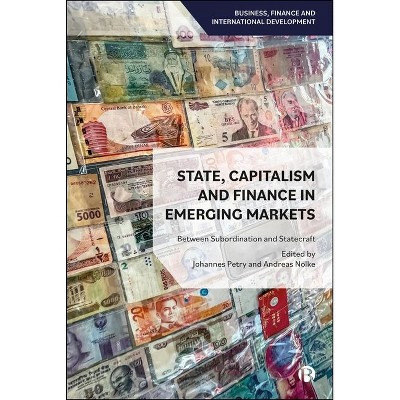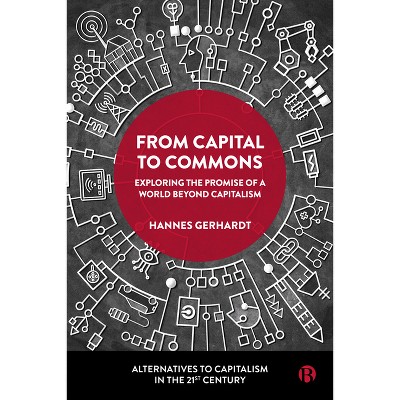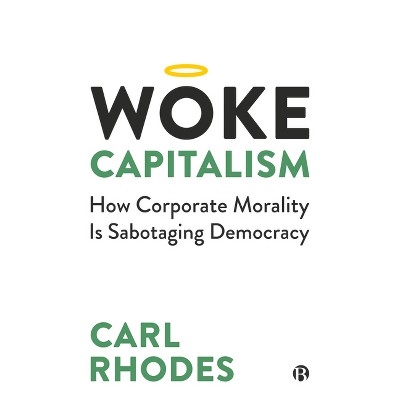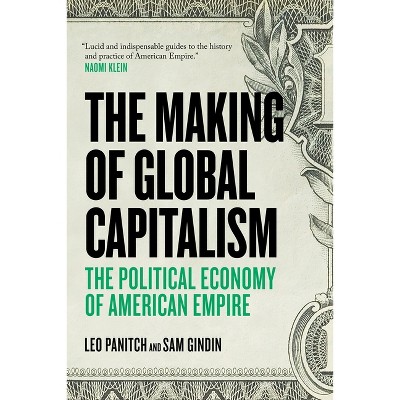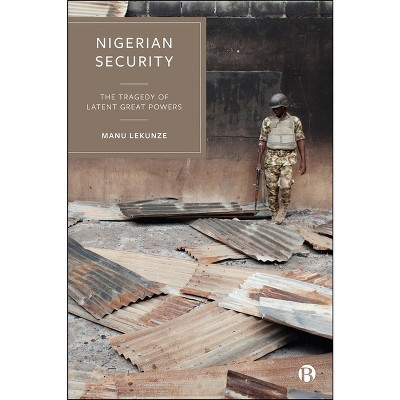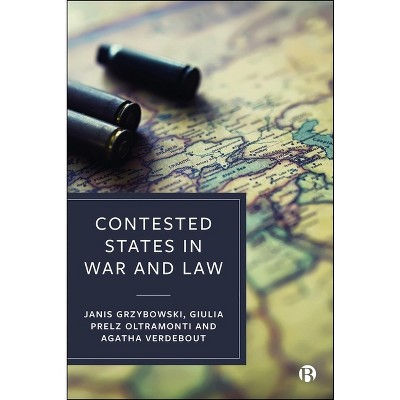About this item
Highlights
- This book examines the impact of World Bank and International Monetary Fund (IMF) economic restructuring programmes during active conflicts.
- About the Author: Elliot Dolan-Evans is an early career researcher and Lecturer in the Faculty of Law at Monash University.
- 242 Pages
- Political Science, International Relations
Description
About the Book
This book examines the impact of World Bank and International Monetary Fund (IMF) economic restructuring programmes during active conflicts. The book explores how restructuring efforts affect vulnerable communities' survival amid violence.
Book Synopsis
This book examines the impact of World Bank and International Monetary Fund (IMF) economic restructuring programmes during active conflicts.
Using a critical political economy perspective, the book explores how these restructuring efforts affect vulnerable communities' survival amid violence. Chapters provide a detailed case study of Ukraine during the War in Donbas, analysing the controversial reforms in agriculture, gas and pension sectors. The resulting analysis offers valuable insights into how these reforms have influenced Ukraine's political economy and the survival of conflict-affected populations since the 2022 Russian invasion.
Review Quotes
'A fascinating analysis of the World Bank's and IMF's role in war, securing capital's profits while undermining people's everyday lives. Highly recommended!' Andreas Bieler, University of Nottingham
'This is political economy at its most vital and urgent. The book not only traces the historical arc of international financial institutions' involvement in conflicts, but reveals how their strategies hollow out peace and entrench inequality. Dolan-Evans offers an indispensable contribution to critical scholarship on war, capitalism and global development.' Alexandros Kentikelenis, Bocconi University
'A timely and compelling account of the IMF and World Bank's deepening role in conflict, with Ukraine as a critical case.' Daniela Lai, Royal Holloway University of London
'Dolan-Evans provides a vital contribution to understandings of the gendered circuits of violence that simultaneously sustain war and capitalism.' Juanita Elias, The University of Warwick
'MWSC explores the fateful disjuncture between the risks of war to ordinary people and de-risking it for transnational investors.' James K. Boyce, University of Massachusetts Amherst
'Dolan-Evans' careful historical-structural research will be mandatory reading for anyone interested in the political economy of conflict and the implications of IFI activities in war ridden Ukraine in recent years.' Stuart Shields, The University of Manchester
'A powerful argument that the international financial institutions, by 'de-risking' war-torn Ukraine for capital, intensify suffering and inequality.' Simon Pirani, University of Durham
'Dolan-Evans brilliantly excavates conflict-ridden Ukraine to reveal how women and pensioners sustain not just life but World Bank-led neoliberal "development."' Sue Ferguson, Wilfrid Laurier University
'This work 'follows the money' and shows how international financial institutions are core parts of contemporary conflict. It is highly recommended.' Roger Mac Ginty, Durham University
'Dolan-Evans' masterful book reveals how international institutions exploit war to reshape the global economy, undermining human security.' Jacqui True, Monash University
'A thorough study of how global finance ensures capital never misses a chance to grow--even on a destroyed country's ruins.' Volodymyr Ishchenko, Freie Universität Berlin
'Great title and a book to match. A compelling analysis of the devastating impact of IFI approaches in war-torn Ukraine'. David Chandler, University of Westminster
About the Author
Elliot Dolan-Evans is an early career researcher and Lecturer in the Faculty of Law at Monash University.Shipping details
Return details
Trending Book Pre-Orders







